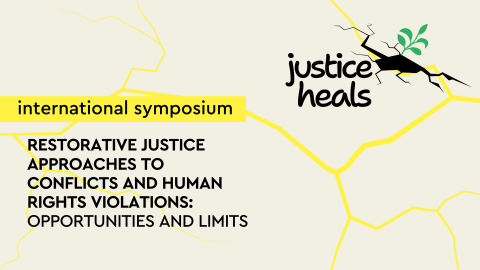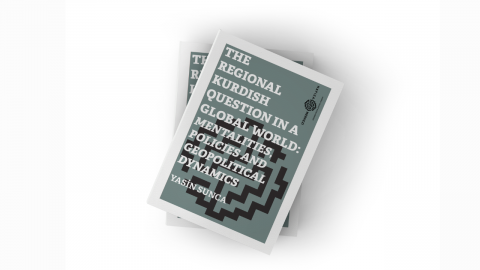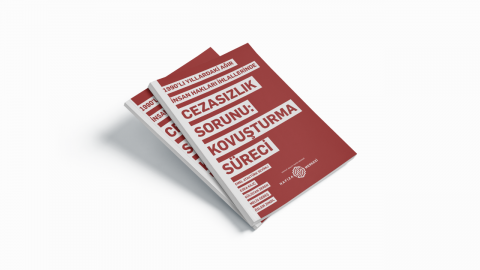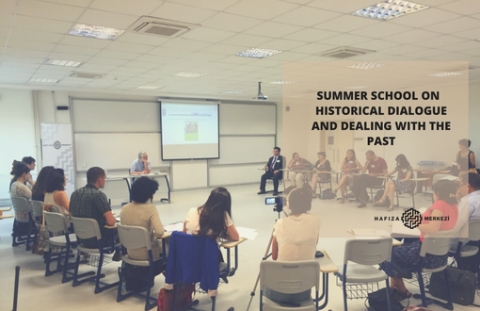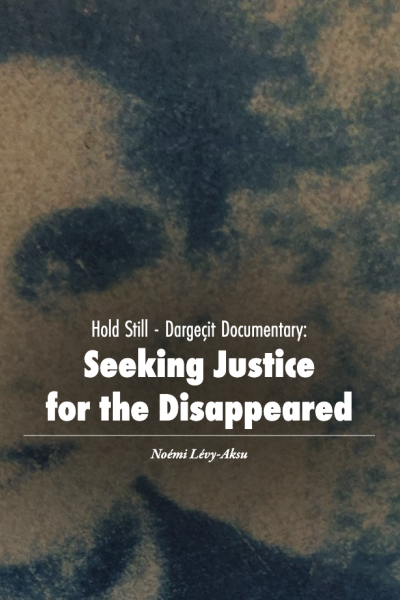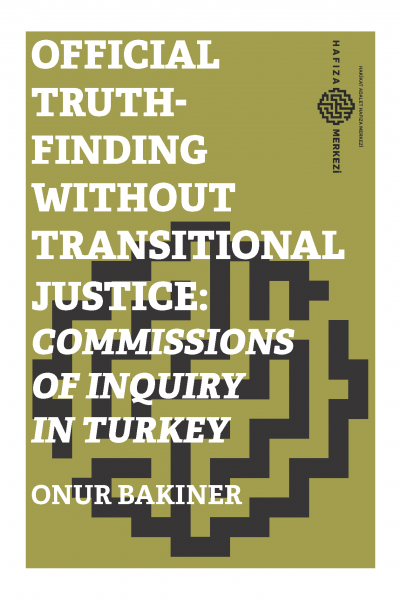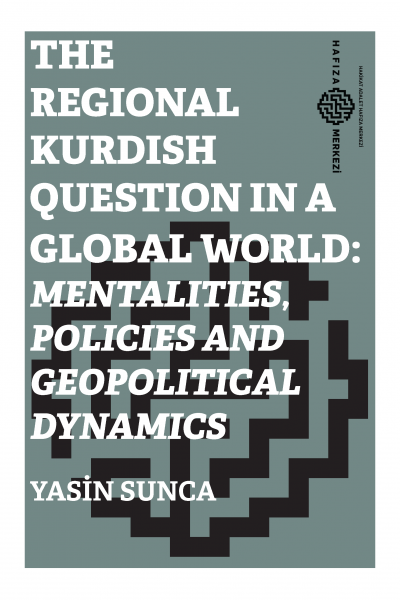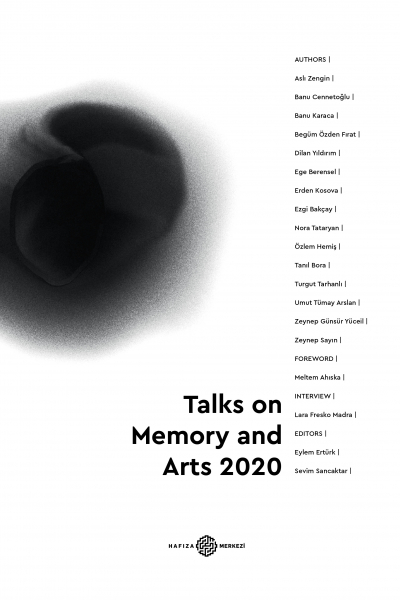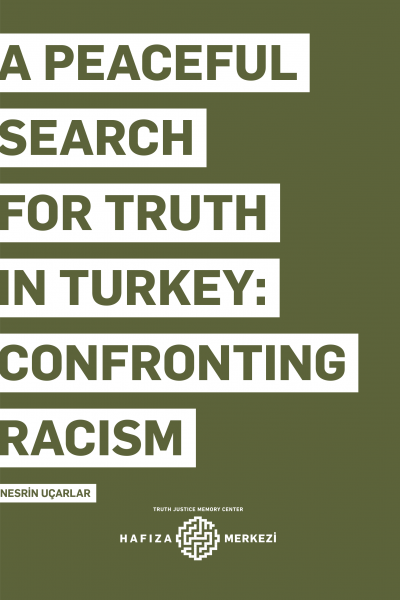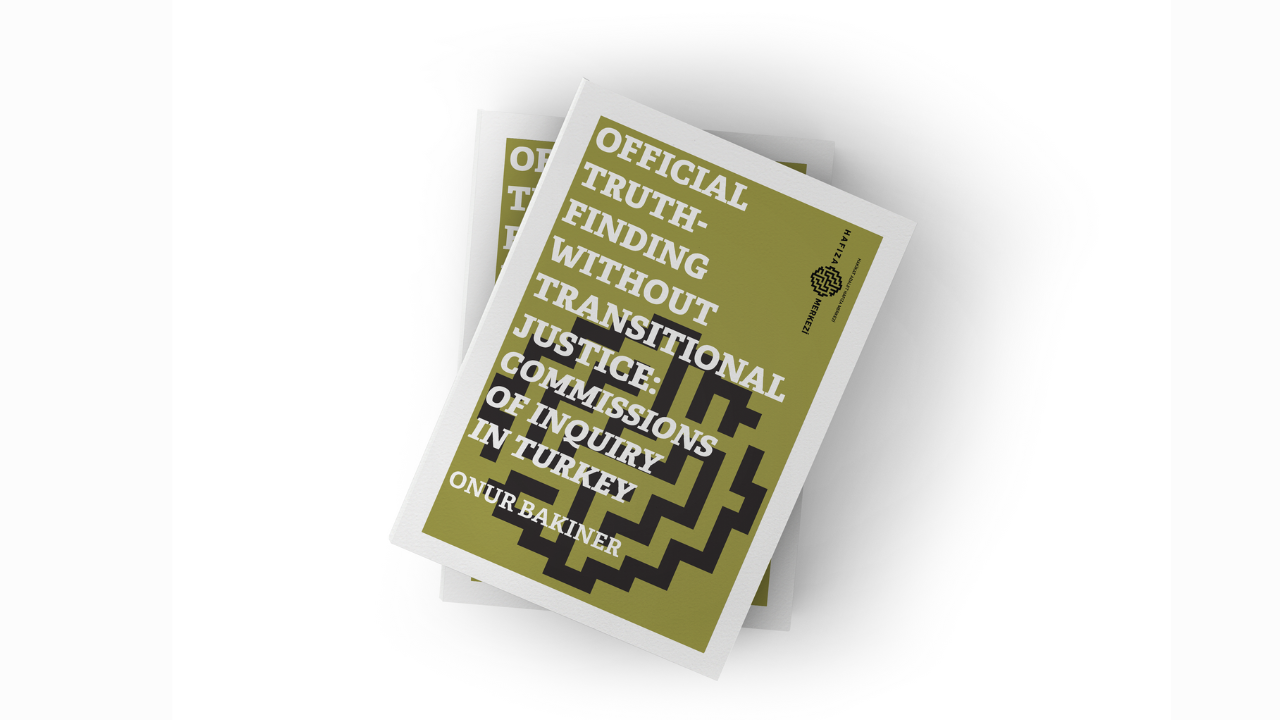
New Report: Official Truth-Finding without Transitional Justice
Click here to read the report.
Our new report Official Truth-Finding Without Transitional Justice: Commissions of Inquiry in Turkey is out. This is the fourth publication of a series of analysis reports that we commissioned as the Truth Justice Memory Center.
In this report, academic Onur Bakıner documents and analyzes four parliamentary commissions of inquiry in Turkey, formed between 1997 and 2013. Turkey had neither a formal transitional justice process in general nor a concomitant truth commission. Nonetheless, the parliament and other state institutions have created various truth-finding bodies since the late 1980s to inquire into the conduct of state forces during the internal armed conflict in the Kurdish region, the human rights violations during that conflict and beyond, and the threats to democracy. The report examines the accomplishments and limitations of parliamentary commissions of inquiry in discovering facts, publicizing their message, and providing redress for victims. The overarching goal is to lay the groundwork for what a future truth-finding body can and should do to build upon the accomplishments of these past initiatives and surpass their limitations.
Click here to read the report.
About the project
This series of analyses are prepared within the scope of our project implemented with support of the Olof Palme International Center. Among the goals of this five-year collaboration are producing and disseminating knowledge regarding peace processes in Turkey and around the world; promoting cooperation among NGOs that work on peace, democracy, ecology and gender; increasing awareness among youth regarding social dialogue and peace, as well as developing new international networks among NGOs that work on peacebuilding. Hafıza Merkezi has partnered up with the Swedish Social Democratic Youth League (SSU) as part of this project.
As Hafıza Merkezi, we believe that topics that were reiterated often during the peace process such as democratization, decentralization, the role of local administrations, cultural rights, transitional justice, and facing the past, as well as the political discussions that were held around these concepts are still vital for Turkish politics today. To go a step further, discussions surrounding these topics are currently ongoing despite being disguised with other labels or associated with different issues. We hope to steer this discussion back into the scope of peacebuilding with this series of analyses. Thus, the topics covered in this series focus on peace discussions regarding the Kurdish issue in relation to other political developments that took place in Turkey in the aftermath of the dissolution of the peace process. Each publication in this series deals with various dimensions of the Kurdish issue such as decentralization, the search for truth, and regional dynamics, adopting a comparative perspective to view the Kurdish issue in relation to other peace processes around the world.
Other reports published within the series:
- Cuma Çiçek, Power-Sharing and Decentralization in the Context of the Kurdish Issue and Political Peace (Turkish, English)
- Nesrin Uçarlar, A Peaceful Search for Truth in Turkey: Confronting Racism (Turkish, English)
- Yasin Sunca, The Regional Kurdish Question in a Global World: Mentalities, Policies and Geopolitical Dynamics (Turkish, English, Kurdish)
About the author
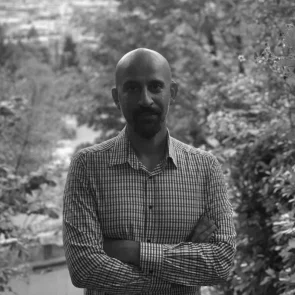
Onur Bakıner is an Associate Professor of Political Science at Seattle University. His research and teaching interests include transitional justice, human rights, and judicial politics, particularly in Latin America and the Middle East. His book Truth Commissions: Memory, Power and Legitimacy (University of Pennsylvania Press, 2015) has been awarded the Best Book Award by the Human Rights Section of the American Political Science Association in 2017. Currently he is working on a research project examining judicial actors during prolonged internal conflict in Colombia and Turkey.
